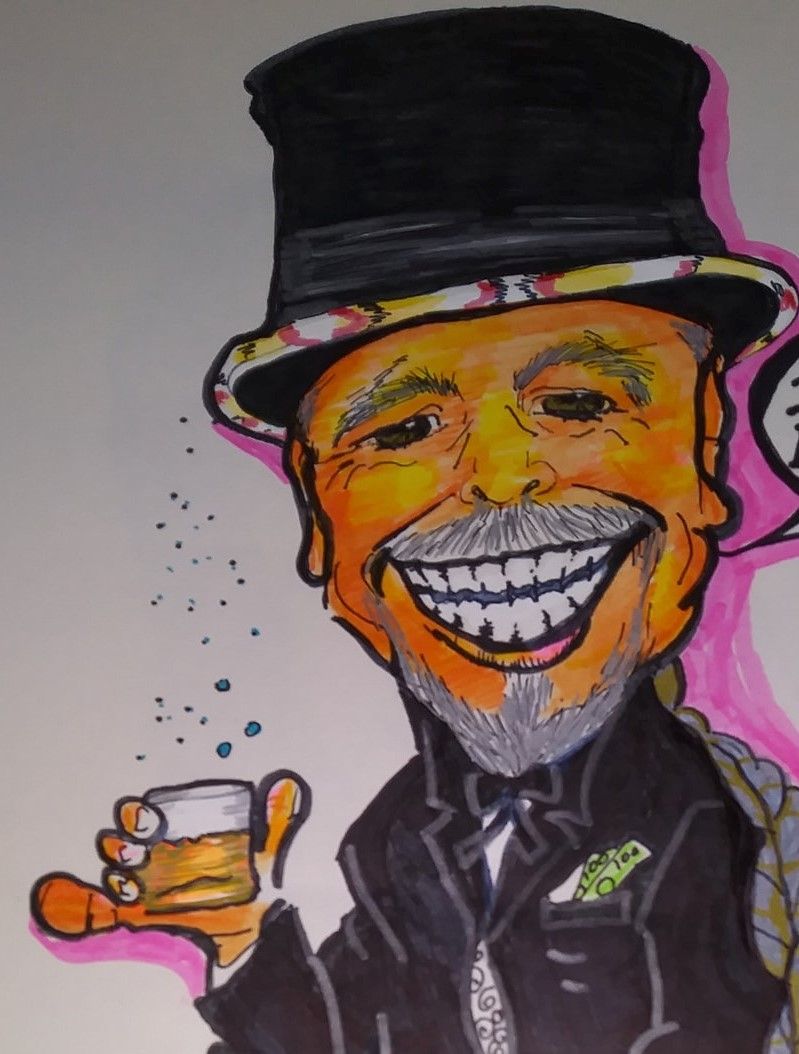
By Fus Yvhikv
In 2011 the U.S. extended formal recognition to the Libyan rebel National Transitional Council as the recognized and legitimate government of Libya. The action of the U.S. was quickly followed by Britain, France and at least 100 other countries in the granting of full diplomatic recognition of the new Libyan government. The United Nations also voted to recognize the new government and to recognize the NTC as holding Libya’s seat at the UN.
These sovereign recognitions and the establishment of full diplomatic relations not only welcomes the new Libyan government as an equal into the international community of nations but also paves the way to accessing billions of dollars in funding for the Libyan government. Notably, the new Libyan government acquired full recognition status in only 60 days! Indian Country has much to learn from this international recognition process that just played out concerning Libya.
The most important takeaway for Indian Country is this: Native Nations, not the federal government, should be the ones that grant recognition to other Native Nations.
I have been richly blessed during my lifetime to witness Native Nations all across Indian Country rise Phoenix-like from the ashes of centuries of attempted conquest, genocide, assimilation, and perverse neglect to flourishing governments that now flex their sovereign muscles.
The governments of Native Nations now have their own legislative bodies, judicial and enforcement systems, and executive departments. They successfully operate a wide variety of health, education, and social service programs. They also own and operate a multitude of businesses. Many tribal governments here in Oklahoma even issue their own car tags.
The Native Nations governments thus manifest a variety of characteristics and attributes common to governmental entities and sovereigns. Indeed, many have additionally created an Office of the Secretary of State. The Muscogee-Creek Nation here in Oklahoma is an example. The Chickasaw Nation even has an Ambassador to the U.S.
Accordingly, the Native Nations’ governmental apparatus has the necessary infrastructure and momentum to take the next paramount step in their evolution by expanding the exercise of their sovereign powers. Indian tribal governments should now be the ones to formally grant full diplomatic relations with each other. This is paramount with respect to those groups currently seeking federal recognition as a Native Nation.
Exercising the sovereign powers of recognition and diplomatic relations between and among Native Nations will have the felicitous effect of enhancing tribal sovereignty while at the same time greatly reducing the role of the Office of Federal Acknowledgement of the BIA.
The problems and issues of the OFA at BIA are far too numerous to fully address in a short article. At least four issues compel mention. The current system effectively is based upon non-Indians at the Department of the Interior determining who is Indian. That fact alone should be so repugnant to Indian Country as to require immediate change.
Then there is the glacial pace at which OFA processes recognition applications. The OFA has ruled on only 30 of the 350 applications it has received. Some applicant Native Nations have been required to push papers at OFA for over 50 years! Remember that the new Libyan government achieved recognition in 60 days. The current system invites aspects of politics, power, and vested moneyed interests with respect to decisions rendered.
In addition, Indian Country is still faced with the lingering issue of Termination. Under the federal policy of termination as expressed under House Concurrent Resolution 108 enacted in 1953 at least 175 tribes were terminated by federal fiat. Over the years, many of these terminated Native Nations have attempted to regain federal recognition only to have the feds slam the door in their face. There has to be a better, fairer, more equitable, and culturally appropriate way.
The better way lies in the community of Native Nations being the ones to grant tribal recognition. We know who we are and we certainly are far better situated to make such determinations than non-Indian bureaucrats in Washington, D.C. Each extant federally-recognized Native Nation could articulate its own diplomatic and recognition criteria (in much the same way as each country does). While there would be variances in each Nation’s criteria, I think in the end there would be many more similarities than differences.
If and when a tribe achieves recognition from a majority of the then-existing federally recognized tribes, that tribe would then be welcomed into the community and family of Native Nations. This could even be taken a step further in the sense of the community of Native Nations establishing a protocol with the feds wherein those applicant tribes who have been granted full diplomatic status by a majority of these Native Nations are then automatically accorded federal recognition as well.
At the very least, the OFA should include as another factor in its’ base criteria for federal recognition the extent to which an applicant tribe has achieved recognition as a Native Nation by the Native Nation community. Indeed, I would propose that such a factor be the paramount consideration.
I have full faith in the community of Native Nations to weed out those faux-tribes who seek federal recognition for reasons of venality and greed (viz., a casino, etc.). I believe that each Native Nation will establish a thorough and robust identification process such that they will ultimately recognize legitimate groups as a fellow Native Nation.
It appears as though Indian Country can never rid itself of the notion of a federal recognition process and the concept of a federally recognized tribe. Such recognition carries with it a plethora of legal rights and legal standing which undergirds the entire government-to-government structure.
However, we can and should ensure that the community of Native Nations not only has input into the federal recognition process but that the overall sense of the majority of these Nations is given the greatest weight. Indeed, it should be the Native Nations, not the feds, who grant tribal recognition.



